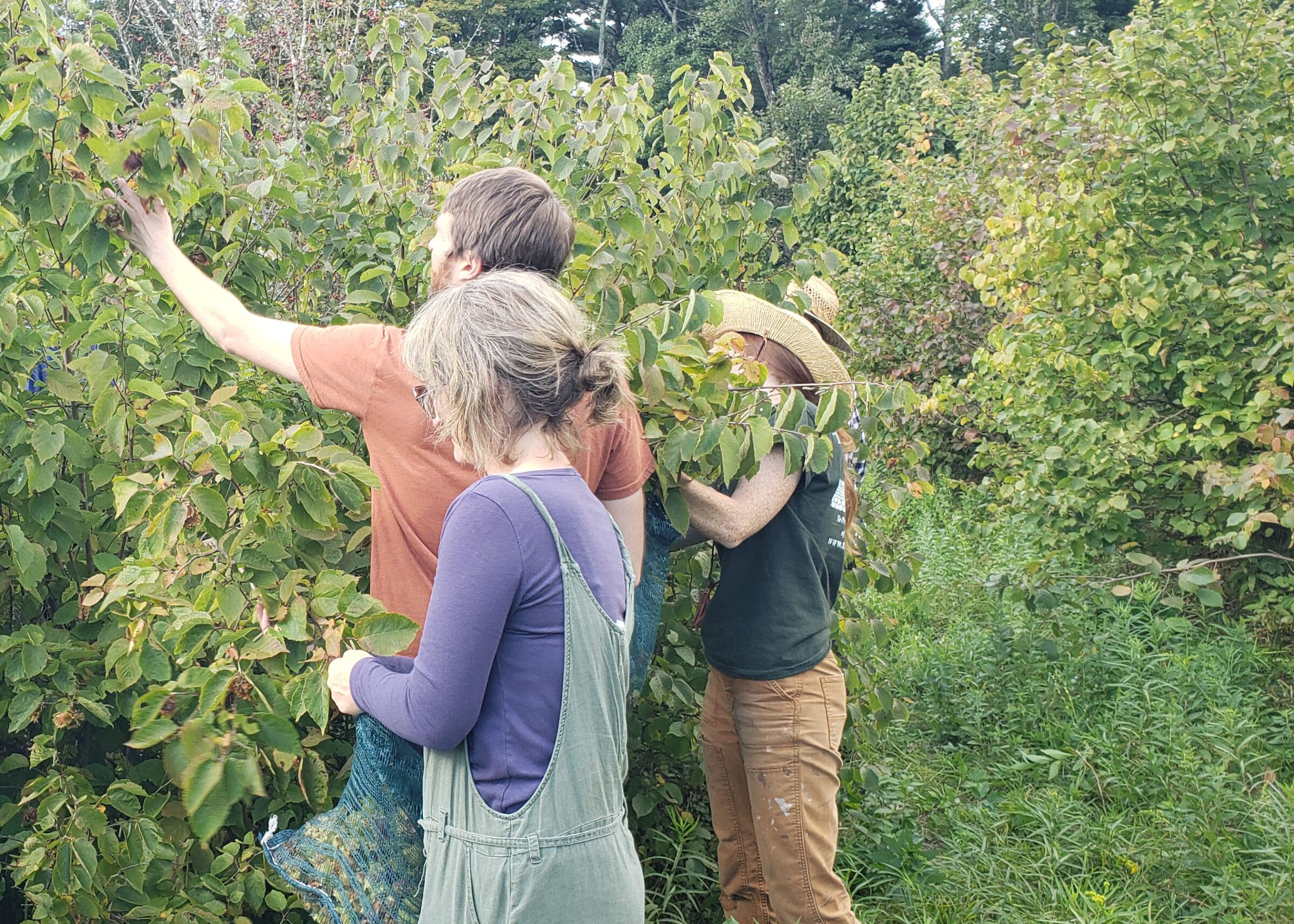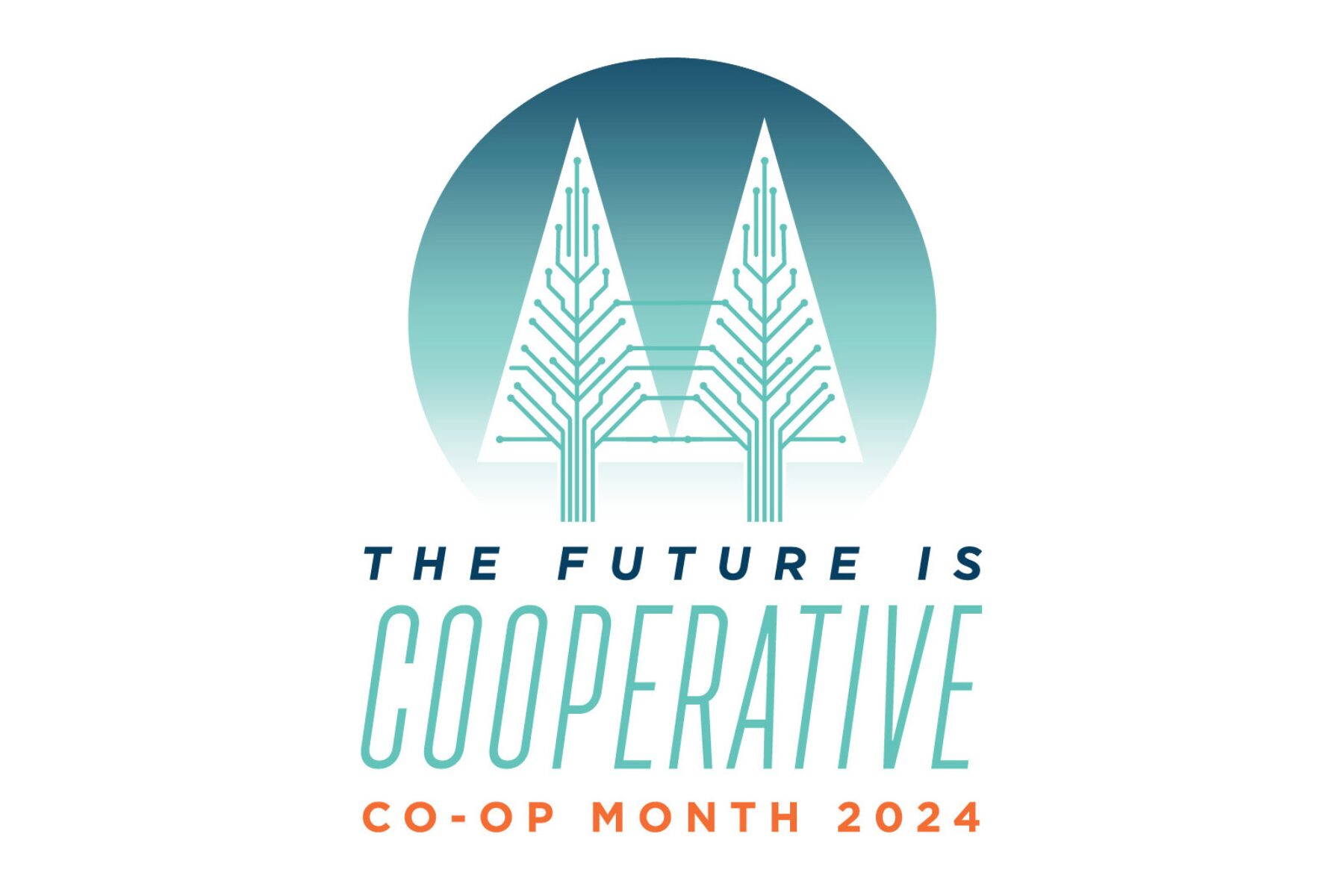
Voicing Concerns on the Impact of Federal Funding Freeze
Regenerative Design Group’s work spans ecological site design, municipal and regional climate resilience planning, and regenerative agriculture. In addition to working with individual farmers and landowners, we collaborate with nonprofits, community organizations, municipalities, and state governments to implement solutions that restore ecosystems and build resilience.
The recent federal funding freeze and continuing delays have disrupted many of these efforts, particularly environmental, forestry, and agricultural projects funded by the USDA through the 2022 Inflation Reduction Act (IRA) and the Infrastructure Investment and Jobs Act (IIJA). These programs provided critical funding for environmental restoration, sustainable transportation, forestry, regenerative agriculture, stormwater management, and outdoor recreation. Much-needed funding for communities, farmers, and conservation organizations is now in jeopardy.
The Ongoing Impact of the Funding Freeze
When these funds are withheld or delayed, they disrupt key initiatives and negatively impact several important areas:
Farmers Lose Essential Funding, Putting Climate-Smart Operations at Risk
For many small farms, federal conservation and sustainability grants are not just incentives—they are a financial lifeline. These funds help cover payroll, purchase essential materials, and invest in infrastructure that supports long-term resilience. With the ongoing fallout from the funding freeze, farmers who had already signed contracts and made purchases based on promised reimbursements are left in financial limbo, struggling to keep operations running. Without these resources, critical soil health improvements and working land conservation efforts are at risk, threatening not just individual farms but also local food systems and rural economies.
Municipalities struggle to implement climate resilience projects
The freeze has significantly hindered municipalities’ efforts to advance climate resilience initiatives. For instance, New Haven, Connecticut was awarded over $30 million in federal grants aimed at enhancing climate resiliency, developing geothermal heating, and supporting environmental justice projects. However, these funds have been withheld, leading the city to join a federal lawsuit challenging the funding freeze.
Community-driven initiatives focused on green spaces, water management, and carbon sequestration stall
Many community-led environmental projects have also come to a standstill due to the suspension of federal grants. In Massachusetts, a wetland restoration project in Harwich and the rehabilitation of a community garden have been delayed indefinitely amid funding uncertainties.
Standing Up for Communities, Conservation, and Climate Action
This situation calls on us to reaffirm our values and RDG’s vision of advancing the well-being of both people and planet through projects that enhance environmental conditions in marginalized communities, center the impact of urban youth and farmers, and accelerate the implementation of nature-based climate solutions in neighborhoods affected by environmental inequity.
We are compelled to voice our concern that these abrupt changes will have a deep impact on the continuing development and momentum of much-needed initiatives to sequester carbon, build healthy soil, improve the built environment, and protect working lands. By joining the chorus of other voices and organizations advocating for the release of these funds, we hope to multiply the impact.
Further Actions To Take
Here are some ways individuals and organizations can help:
- Learn more about the funding freeze and its impact on climate initiatives. Understand how public money is allocated so you can hold decision-makers accountable.
- Contact your representatives to express support for releasing already-approved environmental and agricultural funds.
- Get involved with or donate to organizations working to implement climate-resilience projects and fighting the funding freeze, especially those working in your area.
We believe in the power of public investment to create a healthier, more resilient future. The release of these funds is essential to continuing our work helping farmers plant trees, restore ecosystems, and implement conservation practices across Massachusetts and beyond.
…if we do act, in however small a way, we don’t have to wait for some grand utopian future. The future is an infinite succession of presents, and to live now as we think human beings should live, in defiance of all that is bad around us, is itself a marvelous victory.”
—Howard Zinn, “The Optimism of Uncertainty,” The Nation
Links to Resources
This is by no means an exhaustive list!
Resources for farmers and other producers
- National Resource Guide for Producers
- Land and Liberation LLC: 2025 Federal Funding Resources (find additional resource links here)
- Community Involved in Sustaining Agriculture (CISA)
- American Farmland Trust (AFT)
- Northeast Sustainable Agriculture Research and Education (SARE)
- Northeast Sustainable Agriculture Working Group (NESAWG)
- New England Food Systems Planners Partnership
- PASA Pennsylvania Sustainable Agriculture
Organizations fighting federal funding freeze
- Earthjustice
- Green Roots
- Natural Resources Defense Council (NRDC)
- Environmental Defense Fund
- American Society of Landscape Architects (ASLA)



Comments (0)